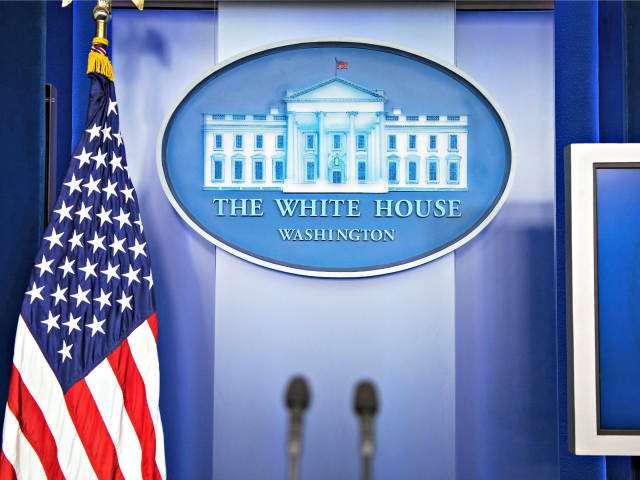With mainstream media reporters telling their audiences that the end is nigh over the Trump White House decision to hold fewer press briefings on camera, few are mentioning that the move is not without precedent — with President Bill Clinton’s White House turning off the cameras in the ’90s because they weren’t “necessary.”
The Trump administration has been reducing the number of press briefings available to cameras in recent weeks, triggering horror from many in anti-Trump press outlets, particularly those with a reputation for showboating.
CNN Senior White House reporter Jim Acosta even tried to push his own hashtag:
But a March 1993 C-SPAN interview with then-White House Press Secretary Dee Dee Myers is putting a wrench in that particular narrative. In that interview, Myers said they stopped allowing cameras for White House briefings conducted by Communications Director George Stephanopoulos as they weren’t “really necessary.”
“I think that that was something that we did in the first week or two, I can’t remember exactly when we stopped it,” Myers said on CSPAN when asked about the decision by a host who called the televising of the briefings an “experiment.”
“It was a new administration, I think we wanted to talk about what was going on here,” she said. “I think we found that it wasn’t really necessary.”
She noted that there were multiple briefings where cameras were allowed, and even the beginning of Stephanopoulos’s briefing was on-camera, but that the presence of cameras meant that the briefings were less productive.
“The briefing is more an opportunity to exchange ideas and to have a conversation about what’s happening,” Myers said, in a similar argument made presently by Trump administration officials. “That wasn’t really happening in a way that … as productively as we had hoped.”
Myer’s argument sounds eerily similar to current White House Press Secretary Sean Spicer’s, who last week warned that some reporters “want to be YouTube stars.”
“There’s a lot of them that want to become YouTube stars and ask some snarky question that’s been asked eight times,” Spicer said in an interview.
Adam Shaw is a politics reporter for Breitbart News based in New York. Follow Adam on Twitter: @AdamShawNY

COMMENTS
Please let us know if you're having issues with commenting.